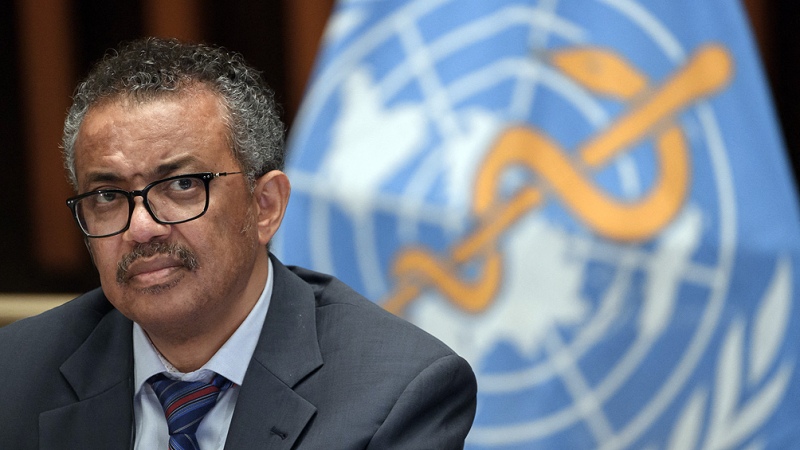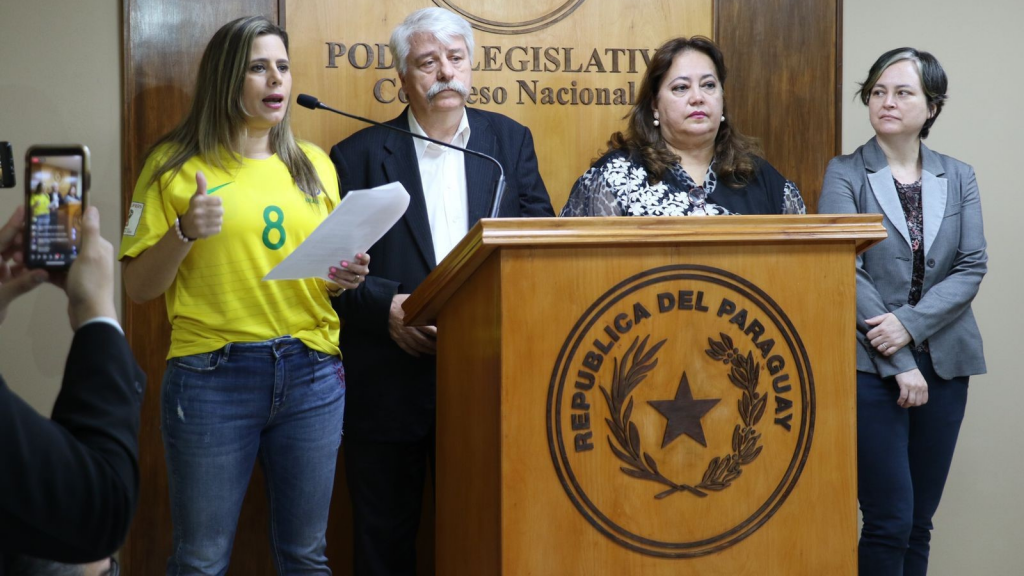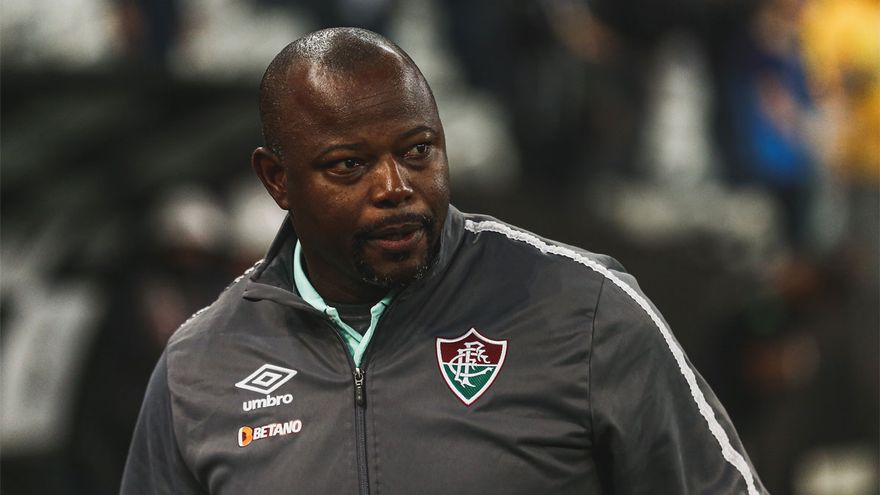Tedros did not receive the backing of his native Ethiopia, a fact attributed to criticism of the Government for his actions in the ongoing conflict with the rebels in the Tigr region, where he is from.
The director general of the World Health Organization (WHO), Tedros Adhanom Ghebreyesus, will continue until 2027 at the head of the organization that is at the center of the fight against the pandemic, after confirming this Friday that he is the only candidate for the position thanks to to the support of 28 countries, many of them responsible for stopping initiatives for better access to vaccines.
“Only one candidate was proposed by the member states until the deadline of September 23,” the Geneva-based health agency underlined in a statement that formalizes the reelection of the Ethiopian, malaria specialist and former Minister of Health and Foreign Affairs. of his country, for a second and final term to begin on August 16 of next year.
Tedros had the important support of France and Germany, among other members of the European Union (EU), and three African countries (Botswana, Kenya and Rwanda), according to the official list of nominations in which no Latin American nation appears.
Great powers such as the United States, China, the United Kingdom and Russia did not explicitly give their approval to the nomination of Tedros, amid various frictions with the WHO“
Paradoxically, The European bloc is one of the main responsible for stopping the different initiatives that the WHO directs or supports to improve access to vaccines and treatments against Covid-19.
Germany granted only 12% of the inoculants who pledged to donate through Covax to developing countries, and France delivered 9%, according to a report released last week by the People’s Vaccine Alliance, a network of more than 70 NGOs including Amnesty International (AI), Oxfam and ActionAid.
Furthermore, the EU, together with the UK and Switzerland, headquarters of large pharmaceutical companies, oppose the temporary release of patents of the vaccines that for more than a year has been debated in the World Trade Organization (WTO) and that on the other side has the support of more than 100 countries, including Argentina, and of Tedros himself.

The arrival of Democrat Joe Biden led to the return of the United States to the WHO and the beginning of vaccine diplomacy with important donations to developing countries
But not all are bats in the wheel: Germany became the largest donor of funds to the WHO and Berlin is home to a new center to “better prepare and protect the planet” from future pandemics; France, for its part, promoted the creation of a health agency academy that will function in Lyon from 2024 to train health professionals at a distance.
Other great powers such as the United States, China, the United Kingdom and Russia did not explicitly give their approval to the nomination of Tedros, amid different frictions with the WHO about his role in the global fight against Covid-19.
The relationship with the White House was broken with former President Donald Trump, who cut funds to the organization, accusing it of being too close to China and of mismanaging the pandemic.
The arrival of Democrat Joe Biden led to the return of the United States to the WHO and the beginning of vaccine diplomacy with important donations to developing countries, but internal tension continues and several Republicans came out to blame their government for not proposing anyone to succeed Tedros.
The WHO’s relationship with the White House was broken with former President Donald Trump, who cut funding to the body, accusing it of being too close to China.“
The Ethiopian, the first African to head the WHO, also won criticism from China when he accused him of not being transparent enough about the origin of the coronavirus and anticipated the possibility of preparing a second report, after the suspicions generated by the one that prepared a committee of experts sent to Wuhan to track the start of the pandemic.
These were not the only reproaches the CEO received: ddozens of Member States, including some that now supported his candidacy, took aim against his management after it was revealed that 21 agency workers – among 83 alleged assailants – committed sexual abuse against dozens of people in the Democratic Republic of Congo (DRC) during the ball epidemic, between 2018 and 2020.
Tedros also did not receive the backing of his native Ethiopia, a fact attributed to criticism of the Government for his actions in the ongoing conflict with the rebels in the Tigr region, where he is from.
Germany became the largest donor of funds to the WHO and Berlin is home to a new center to “better prepare and protect the planet” from future pandemics.“
Apart from all this, the sanitarista, considered one of the 100 most influential people of 2020 by Time magazine, the way is paved to continue as head of the WHO after what will be the secret ballot that will take place during the 75th World Health Assembly in May 2022.
The great objective of his management will be to end the coronavirus pandemic that has already left nearly 5 million deaths, something that sustains is possible if the collection of vaccines by a few countries and if the goal of immunizing 70% of the global population is achieved.
“The pandemic will end when everyone decides to end it. It is in our hands. We have all the tools we need: effective medical and public health tools,” he noted this week.
In the immediate future, Tedros’ next challenge will be in the special session of the World Health Assembly that will begin on November 29, where the big issue will be to agree on a treaty on pandemics, a binding document for the member states. that allows to prevent and prepare the world for situations such as those currently experienced with the coronavirus.


















